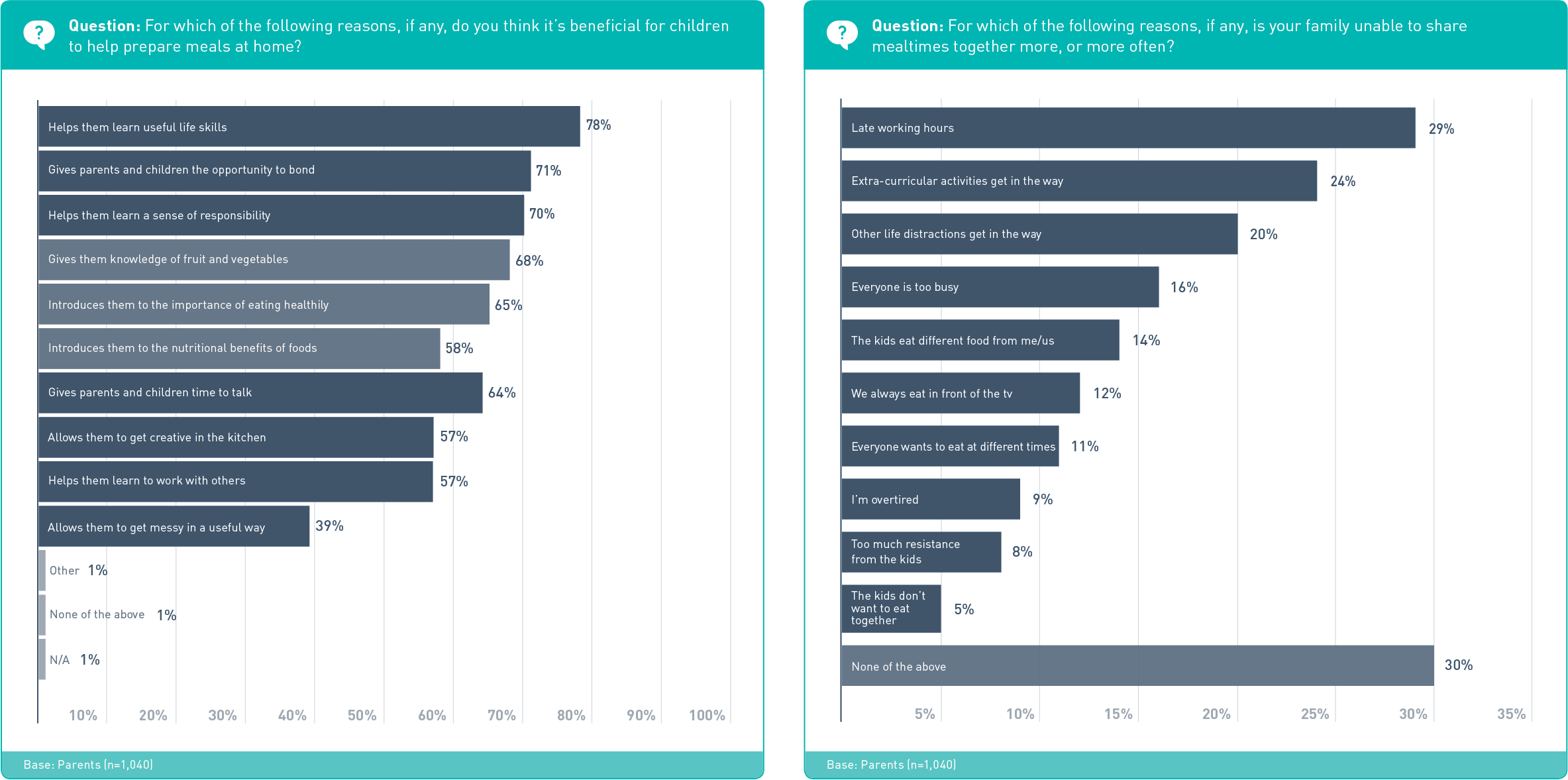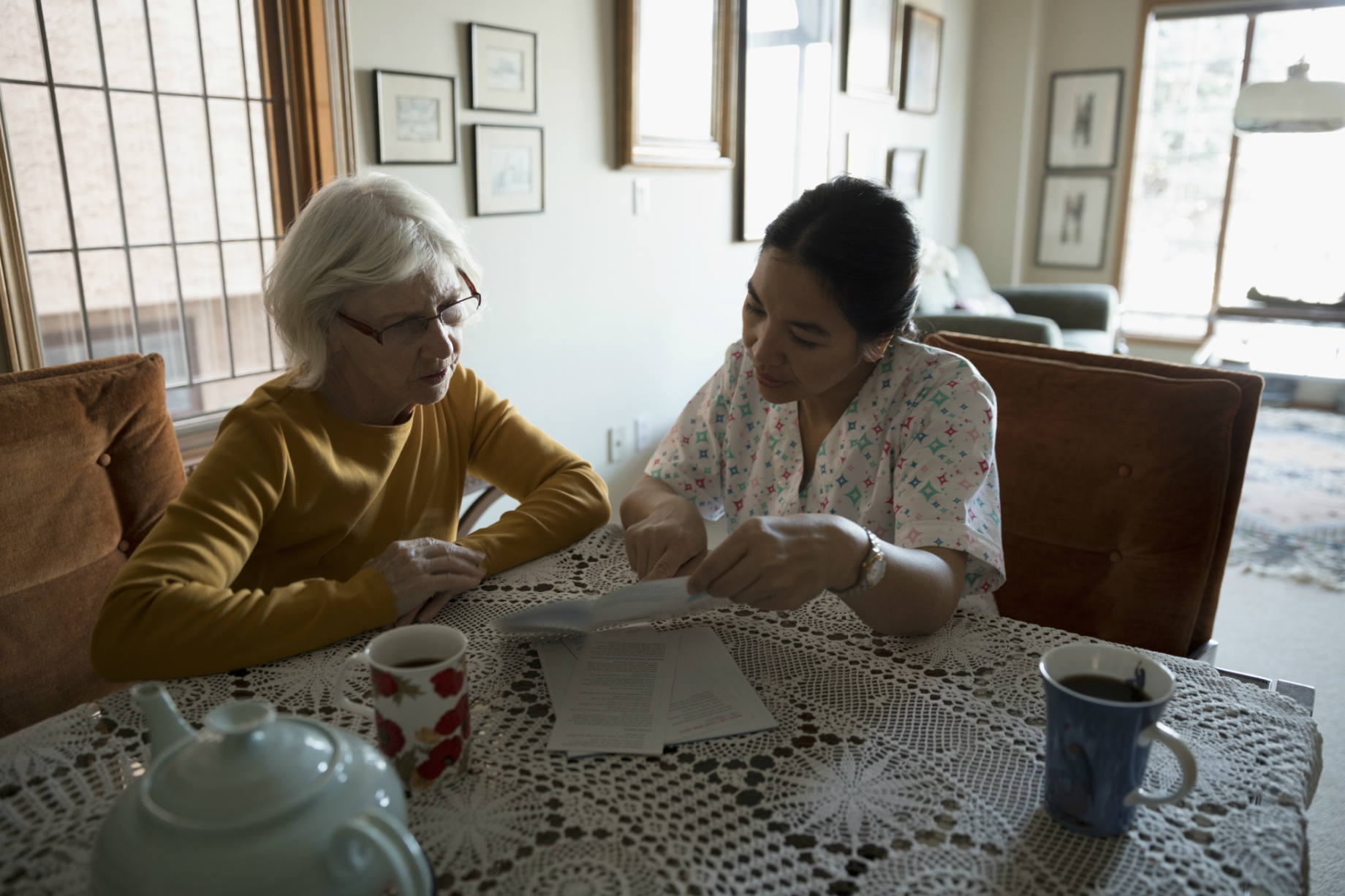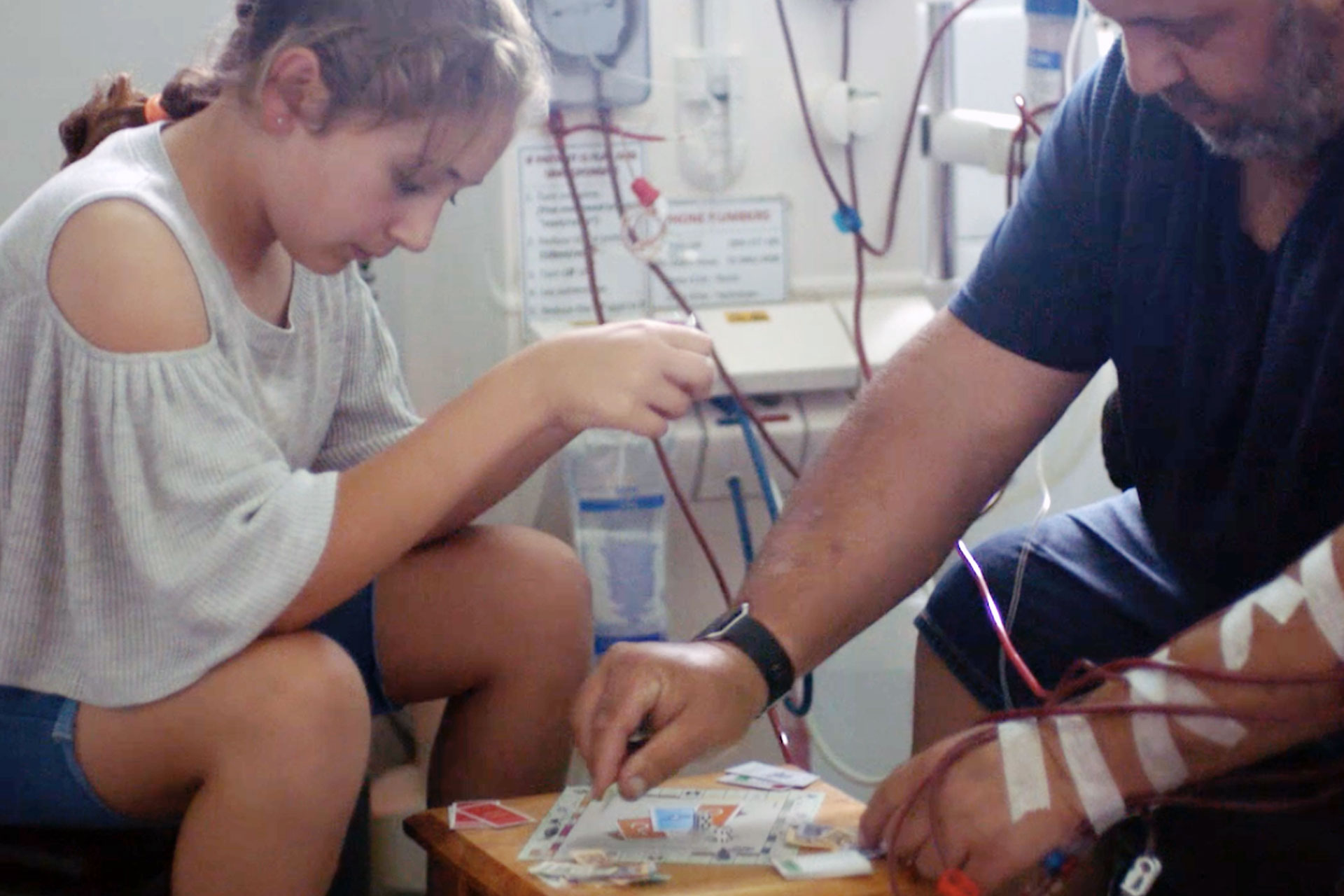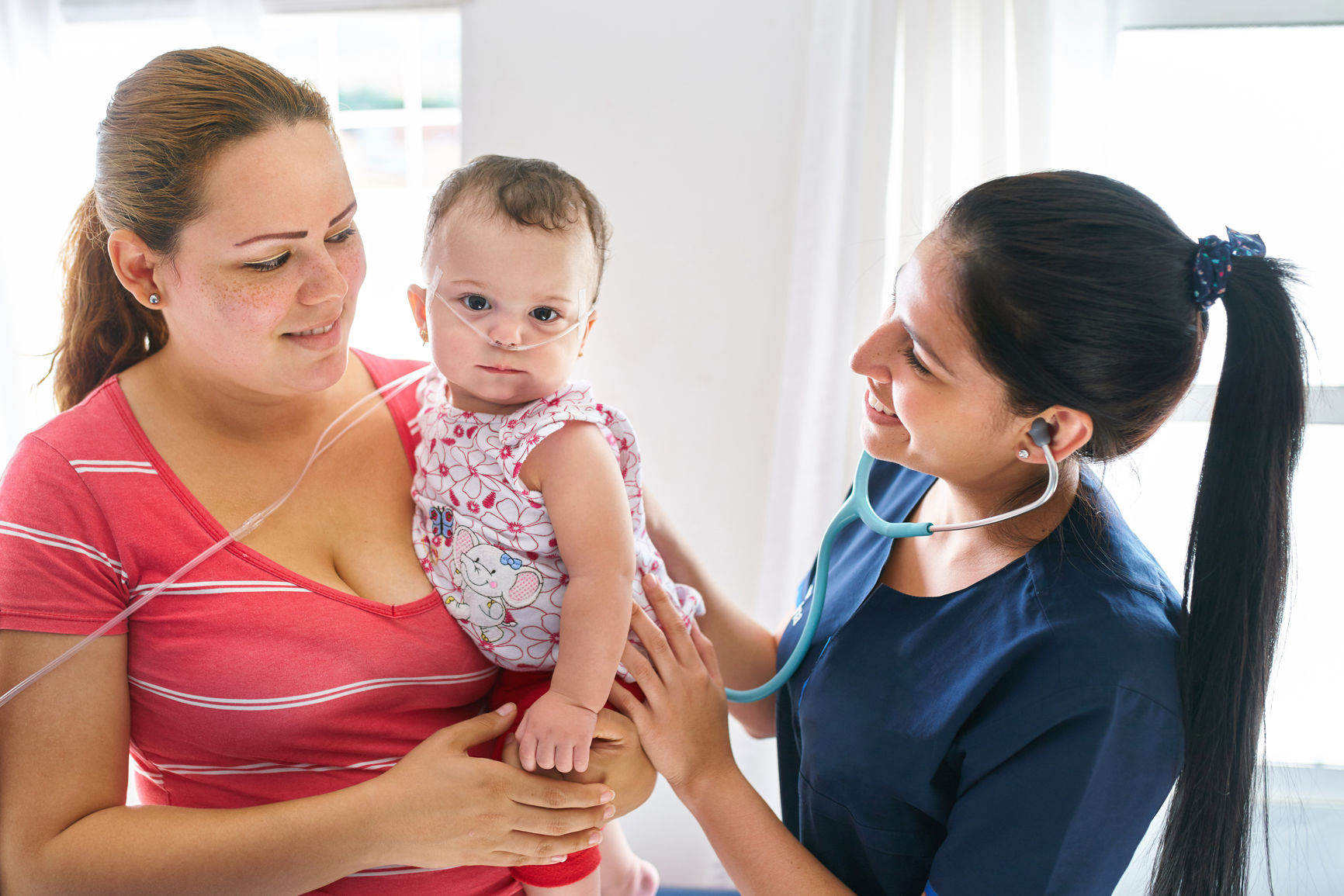-
Medibank has launched an interactive online platform that allows Aussie families to access the successful Stephanie Alexander Kitchen Garden Foundation program in their own homes. See more here.
According to new research released by Medibank, Australian parents believe it’s beneficial for children to help prepare meals at home, yet technology, late nights at work, and other distractions are barriers to making this a reality.
Four in five Aussie parents believe cooking with their kids is an effective way to expose their children to healthy eating, and close to three in four think it provides them with an opportunity to bond.
While the intent is there, parents are experiencing a number of barriers preventing them from eating and cooking with their children. The research found:
- - 7 in 10 believe there’s at least one barrier to having a mealtime together;
- Late hours at work (29 per cent), extra-curricular activities (24 per cent) and other life distractions (20 per cent ) were identified as the most common barriers to eating together;
- Technology seems to still be a major issue - with nearly three in five (57 per cent) parents believing their kids would prefer to watch TV than eat dinner with their family, and two in five (40 per cent) would prefer to spend time on a mobile phone or tablet;
- Amongst those parents who have their children help prepare meals at home less than once a week, the most common barriers include that it’s easier and faster for parents to prepare meals themselves (63 per cent), and they believe their kids do not want to or would prefer to be doing something else (46 per cent).
What's getting in the way of cooking with our kids?


-
Although parents are finding it difficult to find time to cook with their children, the research revealed that they haven’t given up trying to make it happen. More than half (54 per cent) of primary school children currently help their parents prepare a meal at least once a week, up from just 48 per cent last year.
The findings have been released today to coincide with the launch of Medibank Healthy Kids – an interactive online platform that allows Aussie families to access the successful Stephanie Alexander Kitchen Garden Foundation (SAKGF) program in their own homes. The site provides access to exclusive content, recipes and nutritional information as part of the SAKGF program, which until now has only been available for schools that partake as part of the curriculum.
Stephanie Alexander, Australian food icon and founder of the Stephanie Alexander Kitchen Garden Foundation, believes the program expansion into Aussie homes will help to ensure children are learning healthy habits from a young age.
“By making small changes such as simply spending more time preparing and eating fresh meals together as a family, parents can help kick-start good habits and switch mindsets about healthy eating amongst their young ones,” Ms Alexander said.
Medibank Clinical Director Dr Sue Abhary said, “We know there’s still work to be done to ensure we’re instilling good eating habits in our children. With one in four Australian children overweight or obese[1], it’s clear that schools, parents and communities need to join together to improve the health outcomes of our children.”
“We know it can be difficult juggling the demands of family and work, and the new Healthy Kids site makes it easy to access simple, healthy recipes that are suitable for families to prepare together.
“At Medibank, we are supporting community initiatives that are educating children about healthy, active habits to address the growing issue of childhood obesity and help lay the foundations of a healthy, active life. By partnering with the Stephanie Alexander Kitchen Garden Foundation, we aim to work together to grow healthy kids and work to improve the health of the next generation,” Dr Abhary said.
1 http://www.aihw.gov.au/overweight-and-obesity/
-
Innovating for members living with chronic disease
Medibank is supporting our members living with chronic diseases such as heart disease, arthritis, and diabetes, through our CareComplete programs.
-
Medibank’s palliative care at home trial
Giving our customers choice in where they would like to receive their end-of-life care can provide dignity, privacy and help them retain control over the care they receive.
-
How your phone habits affect your sleep
And what it means for your mental health, hormones and more.
-
Medibank trialling haemodialysis at home
Giving members with chronic kidney disease more choice
-
The origins of western and eastern medicine
Two schools of thought explained
-
Almost half of hospital patients are looking for more support
Find out how Medibank is helping.
Subscribe to receive the best from Live Better every week. Healthy recipes, exercise tips and activities, offers and promotions – everything to help you eat, move and feel better.
By clicking sign up I understand and agree to Medibank's privacy policy





